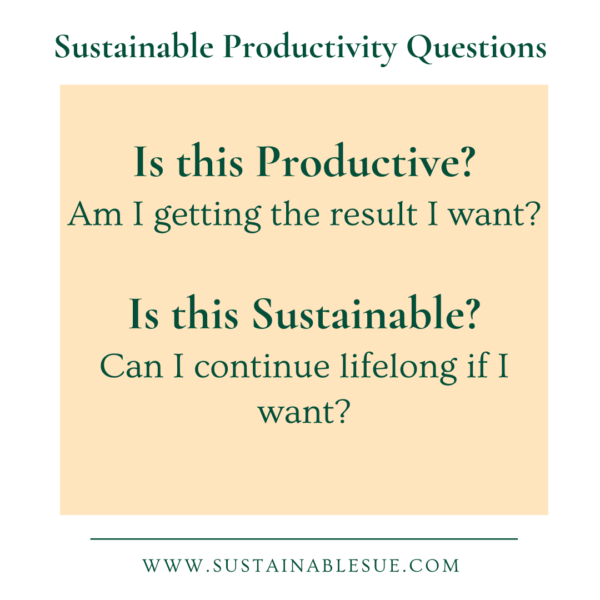Good Enough
The phrase “good enough” was playing through my mind recently as I was thinking about what happened this year in the garden and started planning for next spring.
The weeds runneth over. No plants provided veggies, flowers, or fruit that did not get consumed by deer, rabbits, or other creatures before harvest. But I did enjoy the puttering around I did this season. It was good enough. And this reminds me of this quote by Thomas Fuller:
“A good garden may have some weeds.”
Thomas Fuller
I wonder if there are wider implications this could have for all areas of life.
Wider Implications
Are there things in your life that are good enough? Functional – but have a few things wrong with it?
- Are you healthy and fit, but perhaps softer in spots that you would like?
- Maybe for all intents and purposes your house is organized and decluttered, but you do have that 1 drawer in each bathroom.
Don’t trip over a dollar trying to get to a nickel. Enjoy that 80% of your world is fundamentally sound. Let the rest fall by the wayside or use them for a different lesson or purpose. For example, I repurpose cardboard trash to cover weeds, then top with rotting leaves from somewhere else in the garden. The end result is making the garden more beautiful. Today it isn’t beautiful, but it is good enough.

Can your mess be your message? Inviting a child to sort through the junk drawer with you can be a lesson in decluttering – why it is important and how to actually do it. Or the lesson might be about your relationship. They might see you as perfect so this exercise could be a revelation to them that you have random junk that you can’t decide on. What if you sharing an area of your life that is good enough opens doors to more authentic connections?
Sustainable You Questions
- What area of life or task feels like a drag for you? How could you define what “good enough” would be?
- What is your resistance to embracing the concept of “good enough?”


